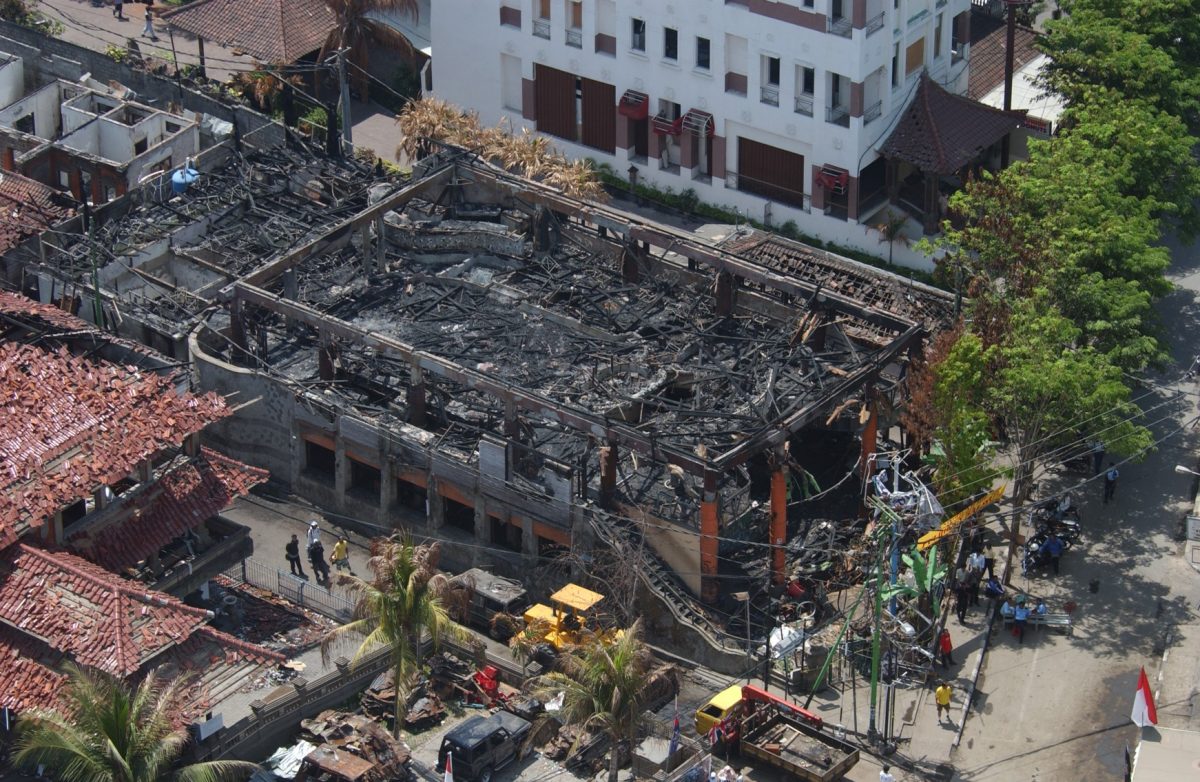
The Bali Bombings killed 202 people, including 88 Australians, on 12 October 2002. Photo: Supplied, AFP Media.
Dr Sarah Benson was working on a suspicious Canberra fire at the AFP’s Weston Police Complex when the phone started ringing.
“I didn’t know at the time, but that was the beginning of something that would forever shape how I view the AFP, our role, our value, our capabilities and our people,” she said.
It was Sunday morning, a few hours after a suicide bomber detonated his vest inside Paddy’s Bar in Bali.
A short time later, an improvised explosive device (IED) exploded outside the Sari Club.
Both attacks killed 202 people, including 88 Australians.
Dr Benson was a trainee chemist with the AFP Chemical Criminalistics team, which had recently developed a new explosives capability for the Sydney Olympics.
It proved vital in the coming investigation in Indonesia.
“For the first time [we had] worked through how we would take the lab into the field to support investigators and their investigations,” Dr Benson said.
While she began preparing the Canberra lab for the first samples being sent from the Indonesian crime scene, little did Dr Benson realise just six days later she’d be on the ground trying to reconstruct exactly what happened.
As a 25-year-old, Dr Benson was “overwhelmed” by the devastation which greeted her when she arrived.
“It was like nothing I had ever seen before or imagined,” she said.
“I had been there a few years earlier, walking that very street and enjoying those very bars with my high school friends. I knew what it should have felt like – full of energy, fun and life – and to see what I saw was heart-breaking.
“I was also very aware that those that had responded before me would have been confronted with far worse.”
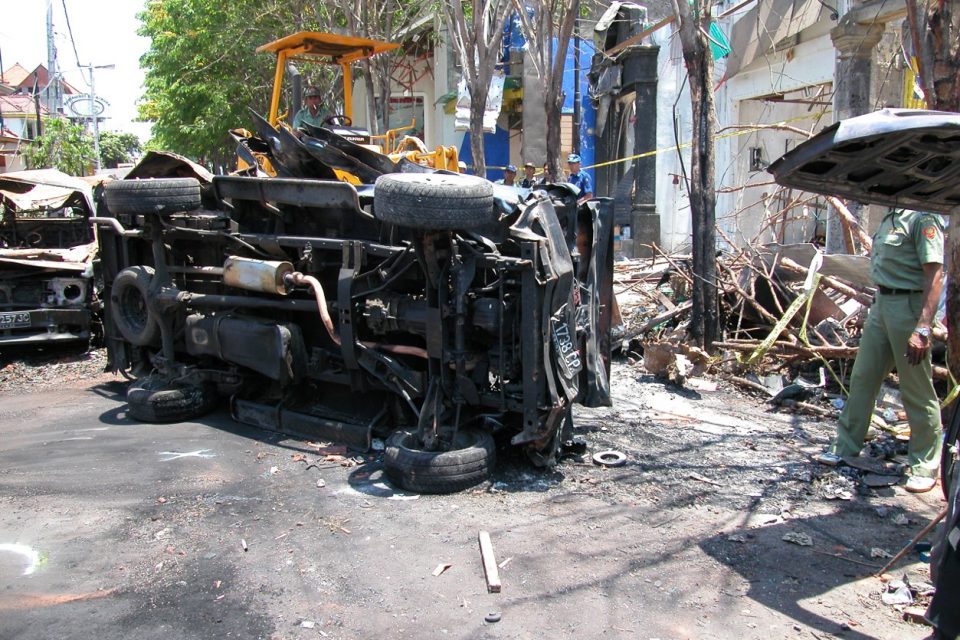
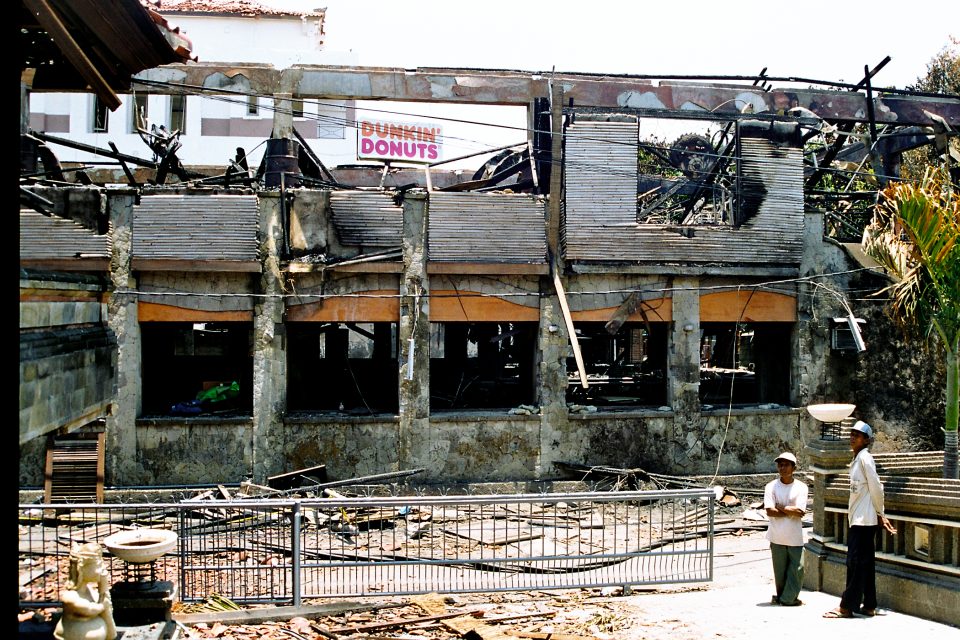
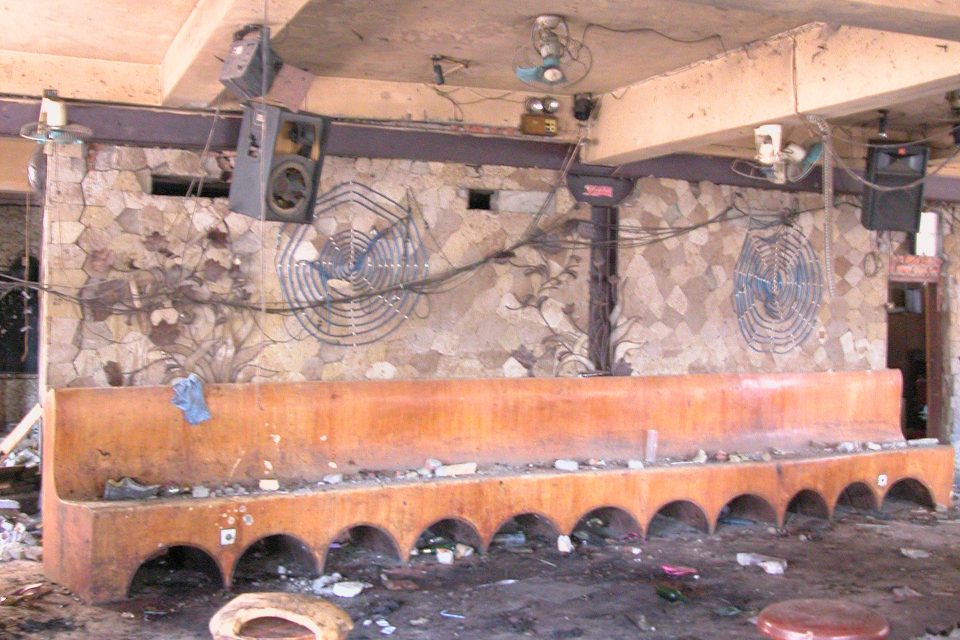

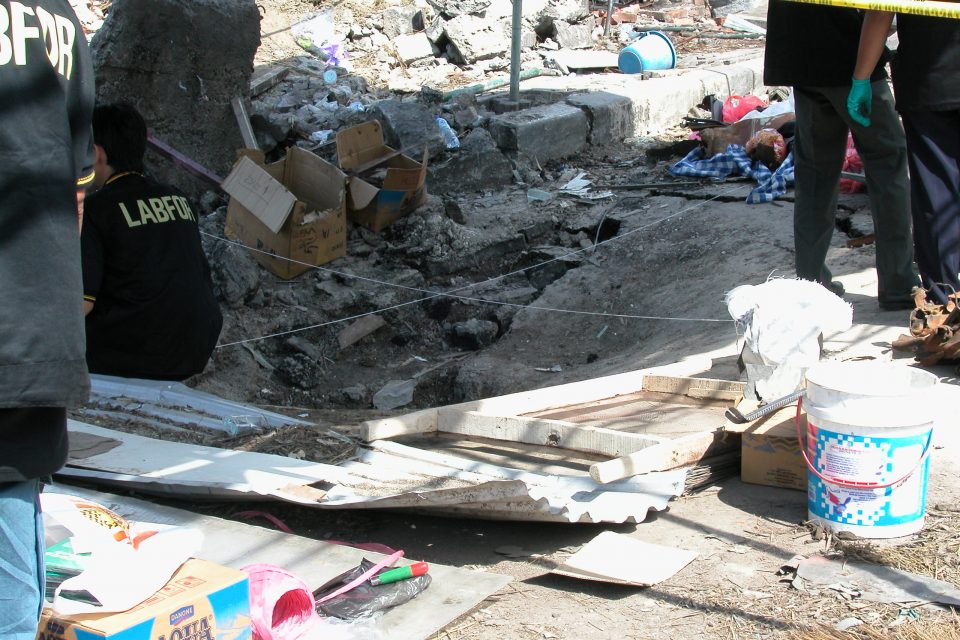
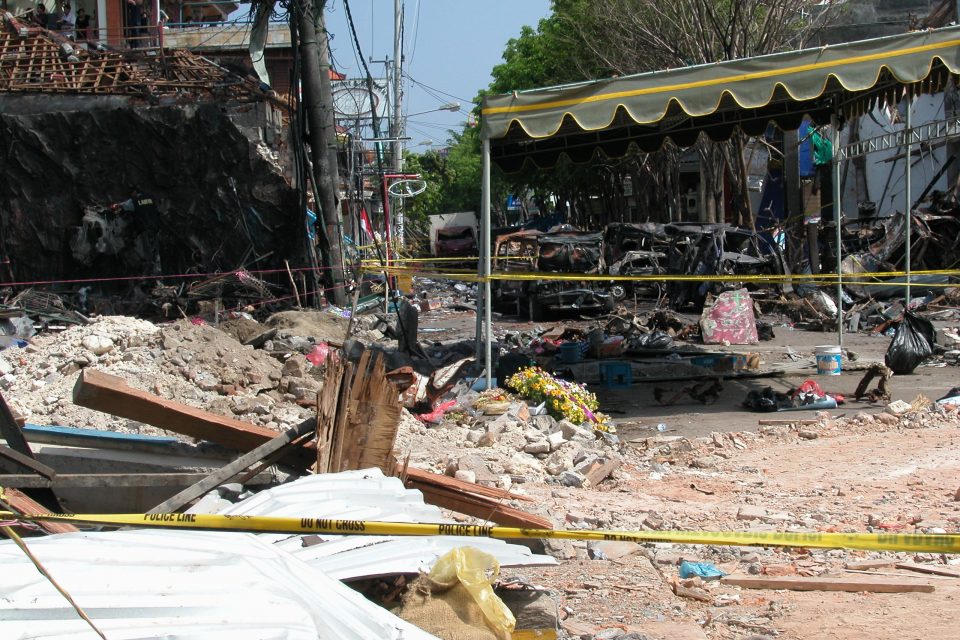

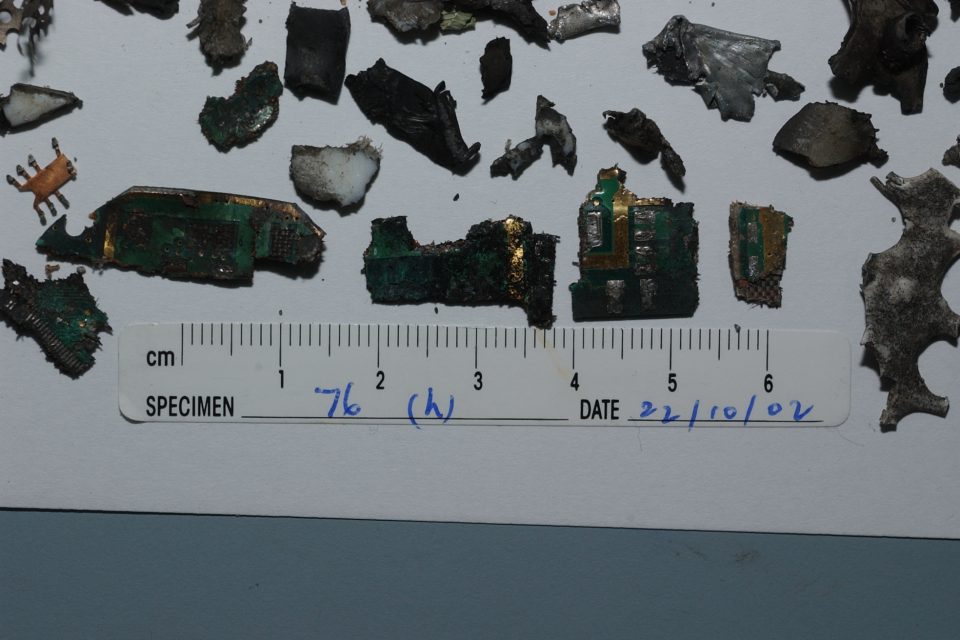
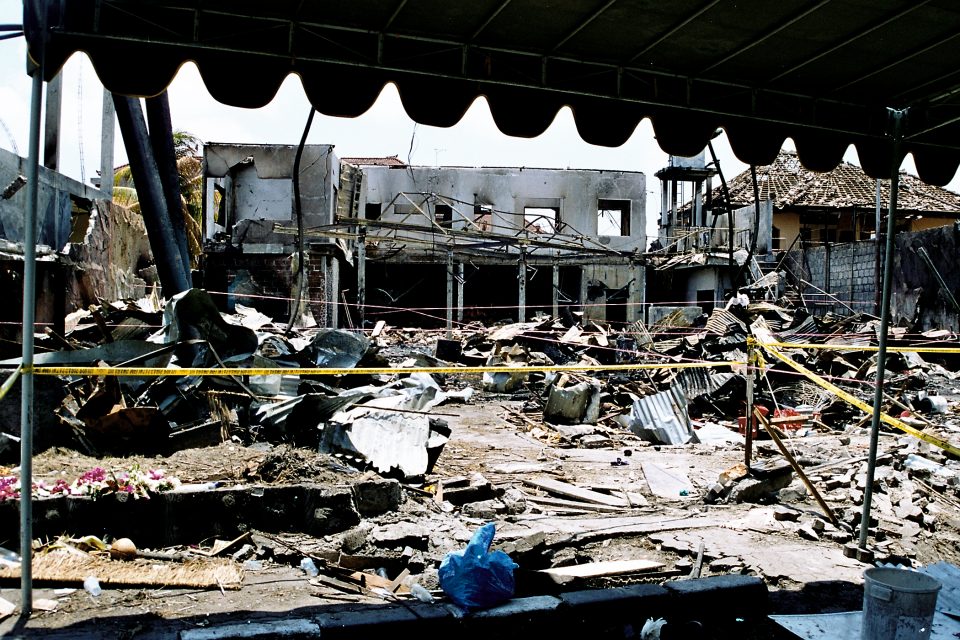
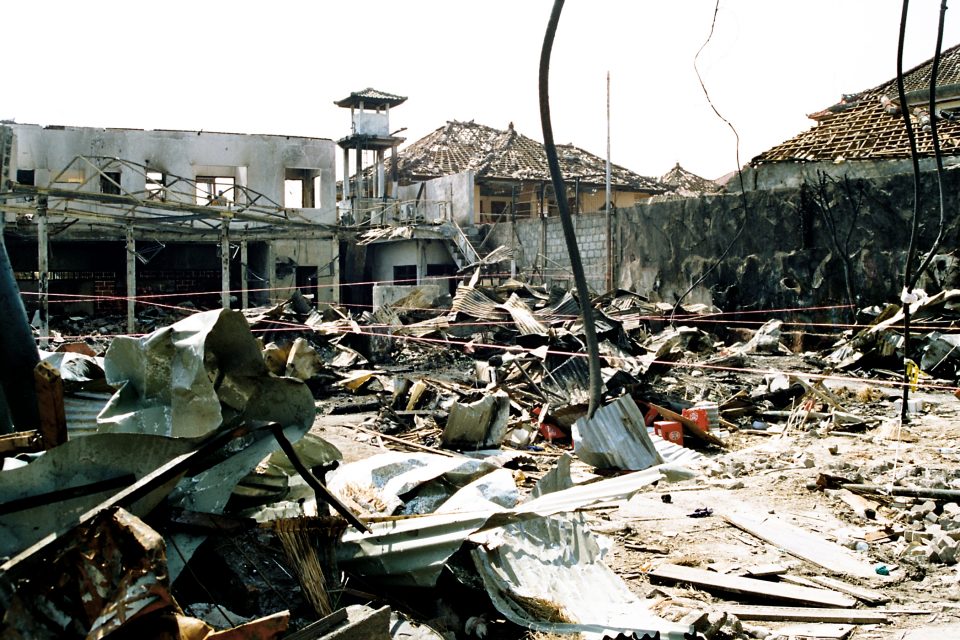
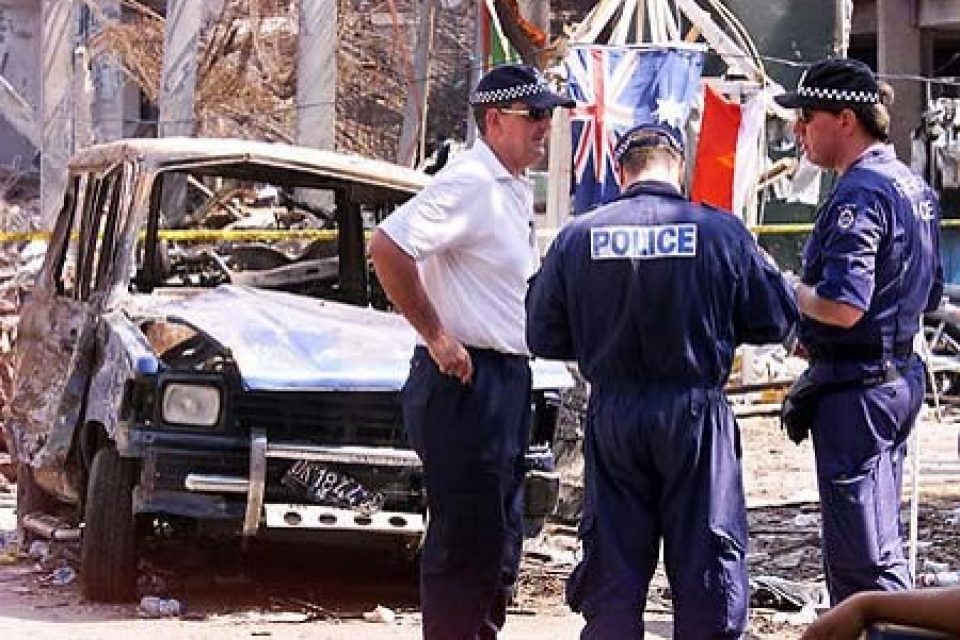
Dr Benson likened the process to putting together the pieces of a puzzle, with the crime scene in the centre. From their mobile lab established as part of the Command Centre in a hotel room of the Kartika Plaza, the AFP worked with Indonesian authorities, collecting evidence and interviewing and consoling witnesses.
She said the camaraderie helped her find her place among the team, which at its height consisted of 500 Australian police officers both in Indonesia and at home.
“There was no script, no textbook, no procedure manual guiding us through the phases,” Dr Benson said.
“But there were amazing people … relying on training and knowledge to work together, innovating, persevering, influencing and supporting each other.
“When we were confronted with situations outside our comfort zone, we adjusted. Whether it was traumatic situations such as swabbing the suicide bomber’s head for explosive residues … or performing roles far from any classroom … we tried to remain focused on the task at hand.”
From this investigation, dubbed Operation Alliance, came a leap forward in digital forensics, disaster victim identification and the AFP’s Family Investigative Liaison Officer Program.
Dr Benson’s story and many others have been brought together in a new AFP podcast Operation Alliance: 2002 Bali Bombings.
Narrated by Ray Martin, the four-part series was the first time many involved had told their stories.
Mr Martin covered the bombings when they first occurred, but described the behind-the-scenes investigation as “one of the greatest untold stories”.
“It’s a mixture of old-fashioned, tedious police work and the highest of technical skills,” he said.
“It was mass murder … and everyone in the AFP should be proud of what [they] did.
“It was an impossible job to do, and they pulled it off.”
Mr Martin spent months interviewing people about their roles, which he said for some was like therapy.
“Some people had never spoken before about what happened … they didn’t want to talk, partly because they think that’s just what they do, it’s their job,” he said.
Mr Martin said despite all the work he had done previously on the Bali Bombings, he was still astounded by what the AFP had achieved when identifying and charging those responsible for killing 202 people.
“The odds were they weren’t going to succeed,” he said.
“They beat the odds.”
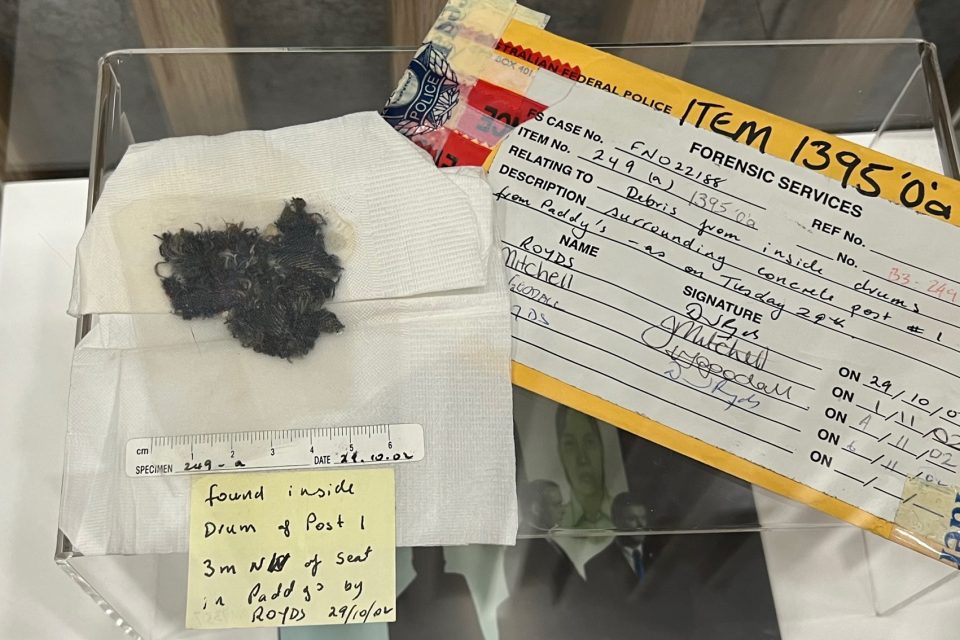
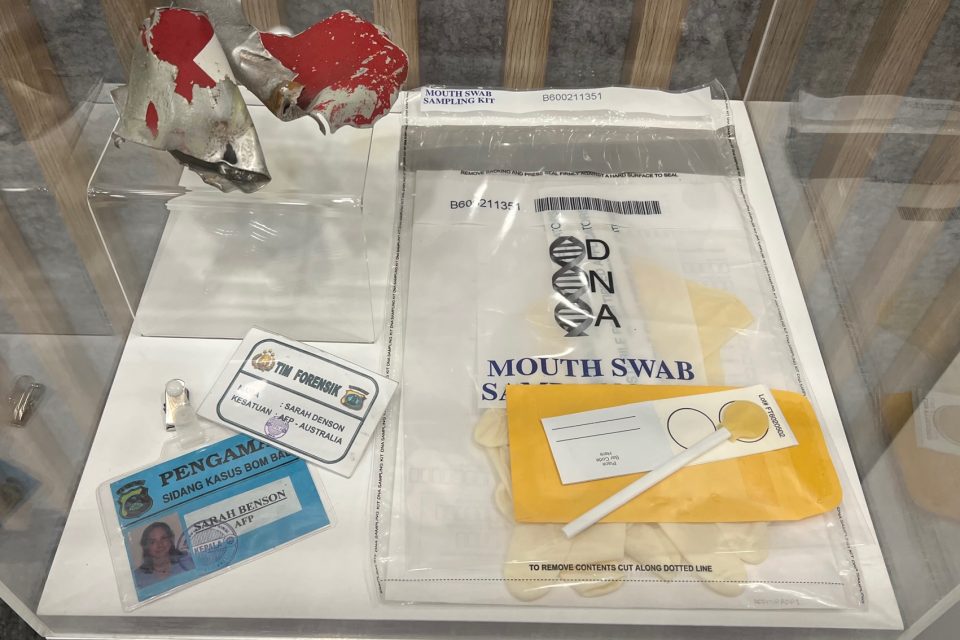
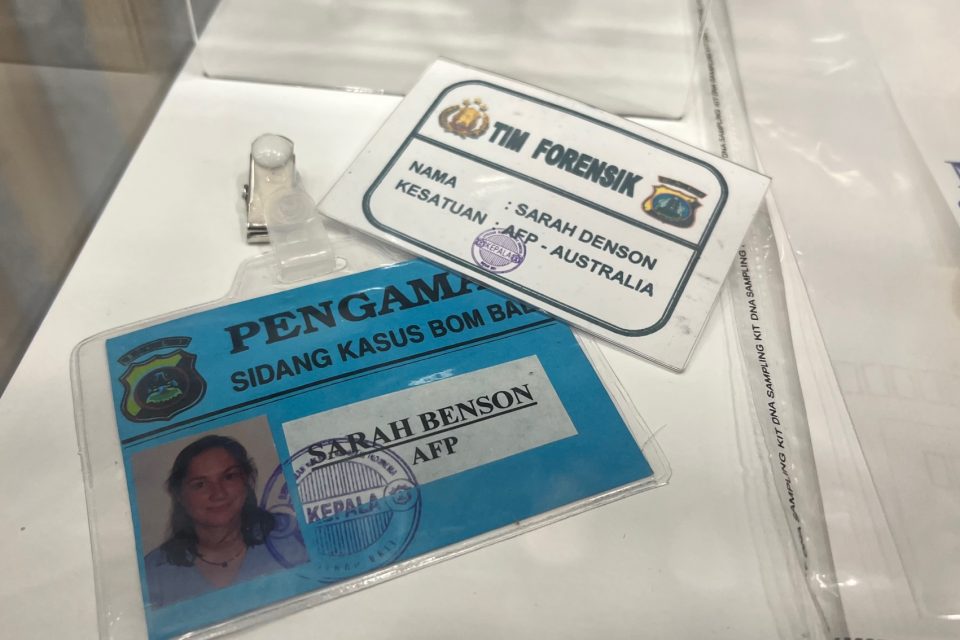
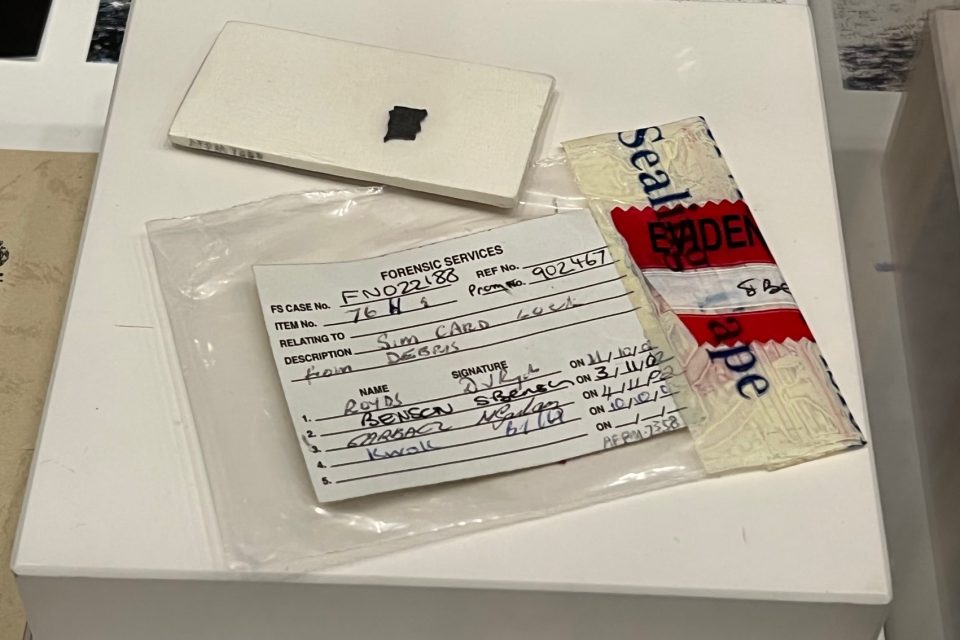
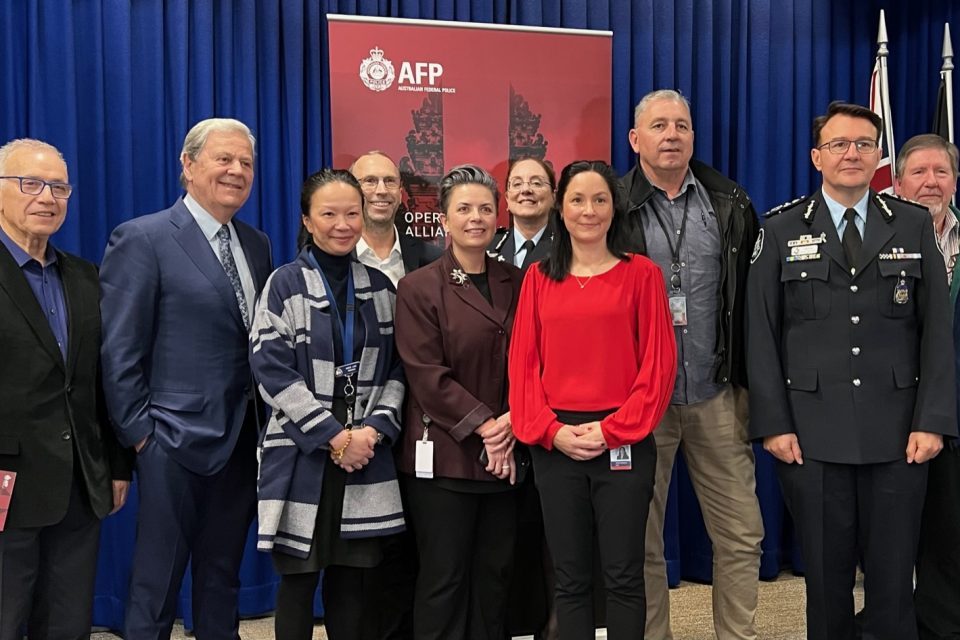
AFP Commissioner Reece Kershaw said the Australian people had also done the same, refusing to be cowed by an “incomprehensible act of evil”.
“It did not bring Australia to its knees like those terrorists craved,” he said.
However, Commissioner Kershaw also acknowledged the immense impact investigating such an event had on every member of the AFP.
“There were things our memories cannot unsee … the horror and cruelty inflicted on innocent people,” he said.
“Some of our people have never fully grieved … we know there are confronting crimes that can shorten the professional lifespan of members because some scars are more than skin deep.
“However, I want you to know that you will always be considered part of our blue family and your contribution will always be valued.”
He dedicated the podcast to current and former AFP members and the community who rallied around them.
“Your work all those years ago changed how Australians understood and valued the Australian Federal Police,” Commissioner Kershaw said.
“You didn’t know it at the time, but you were creating a legacy that all of us here today are the beneficiaries of.
“You were the pioneers.”
Operation Alliance: 2002 Bali Bombings can be listened to via the AFP or on major podcasting platforms.












